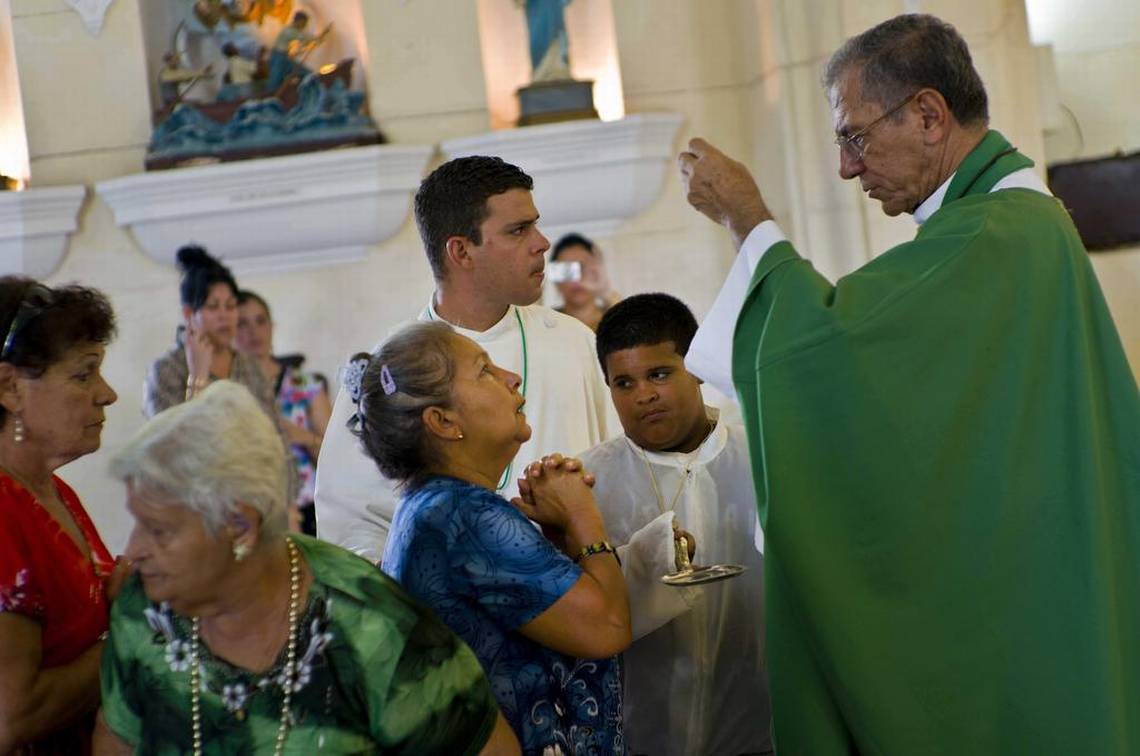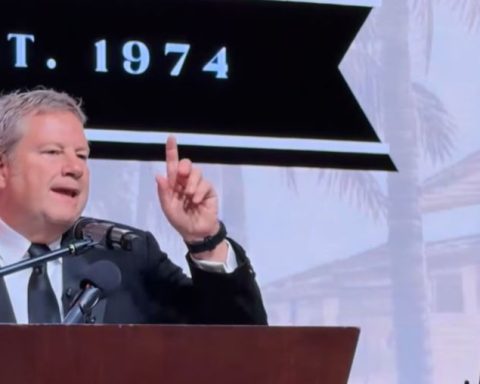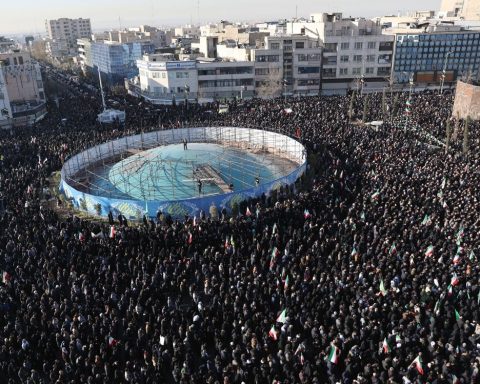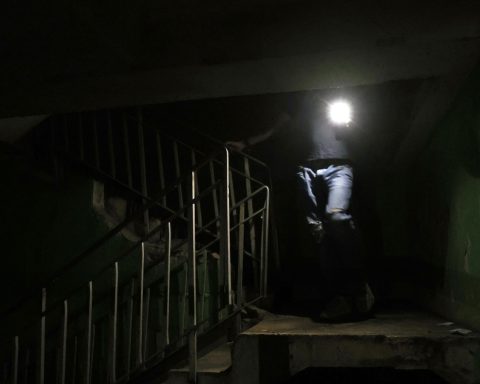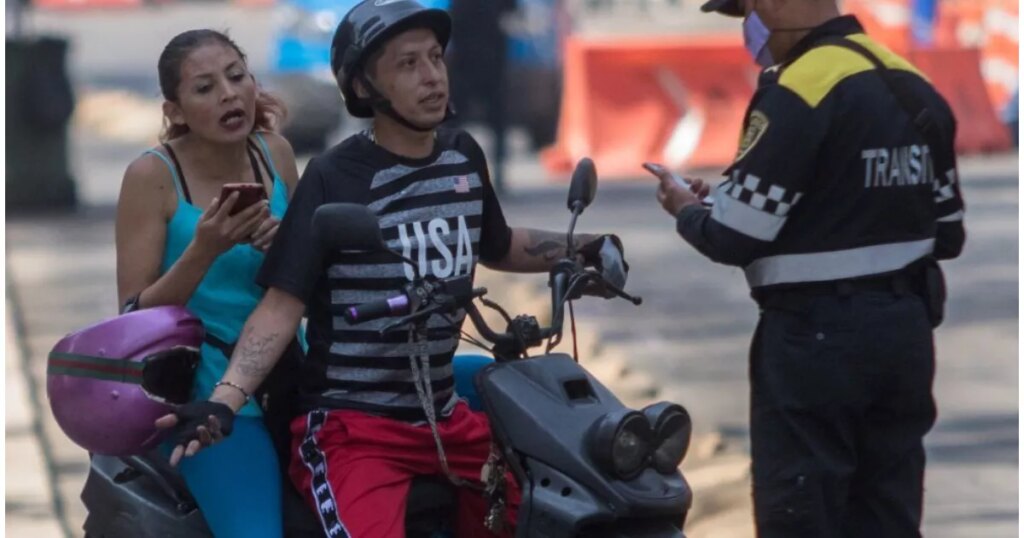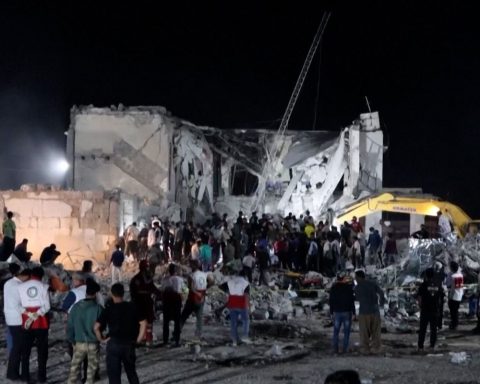The United States included this Friday Cuba and Nicaragua on its black list of countries that systematically violate religious freedom as “Countries of particular concern”, which means that they are subject to possible new sanctions such as the cancellation of scientific and cultural exchanges, the suspension of of development assistance, the blocking of loans or export restrictions.
This inclusion constitutes one more step backwards in bilateral relations and is valued as a new aggression against the government of Havana.
The Cuban authorities challenged his inclusion on the list this Friday.
“The designation of our country on an arbitrary list shows that, once again, the US government needs to resort to dishonest accusations to maintain an unsustainable policy of abuse against the Cuban people,” Cuban Foreign Minister Bruno Rodríguez wrote on his Twitter profile. .
For her part, Caridad Diego, head of the Office of Religious Affairs of the Communist Party of Cuba, reacted by accusing the United States government of lying once again to incriminate Cuba.
He recalled that during December the religious “they will demonstrate that they can profess their faith and carry out their practices according to their religion, respect for others and the Law in the celebrations for Santa Bárbara, San Lázaro and Christmas”.
shortly in #Cuba Religious believers will demonstrate that they can profess their faith and carry out their practices according to their religion, respect for others and the Law in the celebrations for Santa Bárbara, San Lázaro and Christmas
Once again the US government lies to incriminate us— Charity Diego Bello (@bello_caridad) December 2, 2022
In the list of Countries of Special Concern, prepared annually by the State Department, China, Saudi Arabia, North Korea, Russia, Iran, Pakistan, Burma, Eritrea, Tajikistan and Turkmenistan repeat this year.
At a second level of concern, the United States placed Algeria, the Central African Republic, Comoros and Vietnam.
The list of organizations that violate religious freedom includes, among others, the terrorist groups Al Shabab, Boko Haram and the Islamic State (IS), as well as the Taliban, the Yemeni Houthis and the Russian paramilitaries of the Wagner Group.
The International Religious Freedom Act of 1998 allows the US government to annually draw up a list of countries in the world that commit “serious violations of religious freedom”, such as torture, detention and forced disappearance of people for their beliefs.
US Secretary of State Antony Blinken said in introducing the list that repression against people for their beliefs “sows division and undermines political and economic stability and peace.”
“We will continue to closely monitor religious freedom around the world, standing up for those who face persecution and discrimination,” Blinken said.
The United States Commission on International Religious Freedom (USCIRFfor its acronym in English), released last August the Report “Constitutional Reform and Religious Freedom in Cuba”, to which the Madrid-based organization Prisoners Defenders contributed.
Prisoners Defenders contributed for this report interviews with 15 religious and lay leaders among Catholics, Protestants, Yorubas and Muslims, plus other statements compiled until reaching a number of 56 people.
Twenty-one of them stated that they “suffer monthly or even weekly acts of repression that include threats, violence, arrests, and acts of repudiation. Nine of those surveyed have been forced to emigrate.
The document also affirms that “the current Constitution has meant a slight step backwards in terms of the normalization of the legal framework on religious matters in comparison with the 1976 Constitution”, given that “thus de facto eliminates the fact of being able to harbor hopes of having in the near future of a Law of Cults.”
Various actors in the Cuban religious community have insisted for years on the need for a framework law that would serve to regulate, among other aspects, the relations between the State and the various religions.
According to data from the Cuban Foreign Ministry, there are more than 1,850 religious organizations and institutions and fraternal associations in the country, recognized by the Ministry of Justice, whose membership reaches more than one million five hundred thousand people.
“This is the result of the full enjoyment of the right to religious freedom and the fight against intolerance, negative stereotypes and stigmatization based on religion.”
This is how he considers it report presented by Cuba to contribute to the report of the United Nations High Commissioner for Human Rights presented this year during the 52nd regular session of the Human Rights Council.
In that statement, the Foreign Ministry criticized the State Department Report on International Religious Freedom of June 2022, which apparently served as the basis for Cuba’s inclusion on this list.
The USCIRF report “is inserted into a regional geopolitical control scheme, and is nothing more than a pretext to overthrow our social system, subvert order and violate the laws.”
“The preparation of these lists does not contribute to the protection and enjoyment of religious freedom, which in Cuba is fully guaranteed.”
